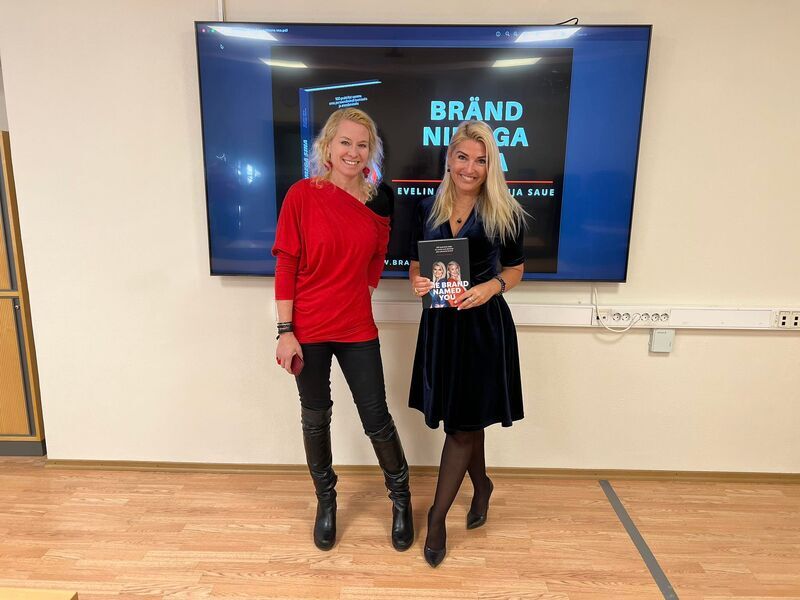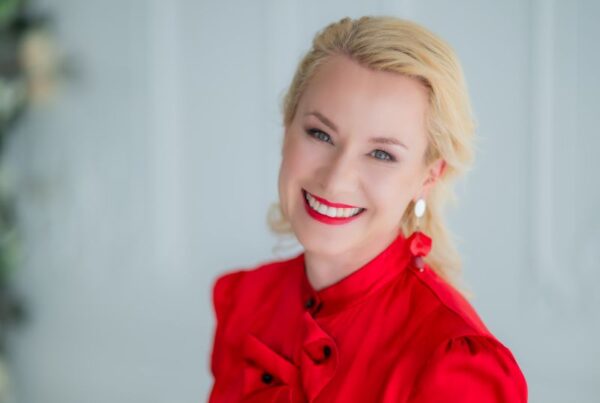
Yesterday, we had the pleasure of conducting another training session on personal branding, and one participant shared on social media after the training – “Knowledge is power. Thank you for the excellent training and many tips. “
This positive comment struck a chord with me, as I see how many people absorb the knowledge and don’t do (almost) anything with it. Only those applying at least one piece of information move forward.
Knowledge is not power; it’s just potential. The application of Knowledge is the real power.
This subtle difference in the wording highlights a common issue many of us face: the inability to apply what we’ve learned.
Based on my personal experiences and working with different people, perfectionism is one of the reasons that often holds us back from putting knowledge straight into action.
Perfectionism is considered a positive trait in our society and is believed to increase your chances of success. But as Brené Brown says, “Perfectionism is not the same thing as striving to be your best. Perfection is not about healthy achievement and growth.” Instead, we use it as a shield to hide our fears, and more often than not, it leads to self-defeating thoughts and behaviors that make it harder to achieve goals.
Perfectionism traps us in a cycle of inaction. We hesitate to put our knowledge into action out of fear of not doing it “perfectly” and continue polishing things without ever taking action steps. This fear of failure or judgment can be paralyzing, leaving us stuck and unable to grow and move on.
I know. I have been there myself. As a recovering perfectionist, I made it my mantra at some point-“Better done than perfect.” I know, that if I had continued pursuing my “perfectionist journey, I wouldn’t have come this far.
“There is no failure, only feedback, and learning” is one of the core principles of NLP- the study of excellence and, in my opinion much healthier and fun way to realize your full potential.
Taking baby steps, failing, learning, growing, and improving with every action can be and should be a productive and enjoyable process.
“We love mistakes” is written on the wall in my son’s school, which is a great message, and I sure believe that the more mistakes we make, the quicker we learn and the further we go.
What is your relationship with your inner perfectionist?
p.s. market research:) I have been thinking about putting together a training, “Taming your Perfectionist,” so let me know if this thought resonates:)




